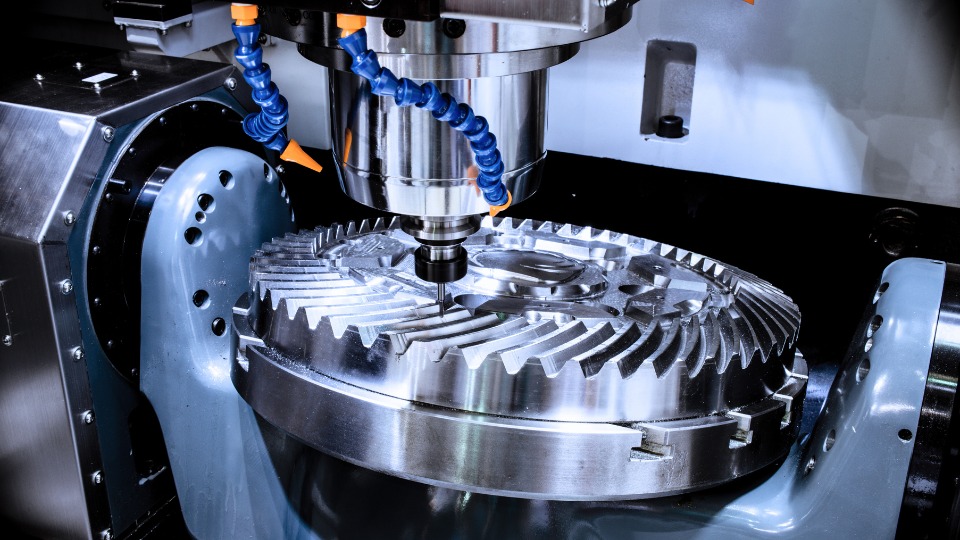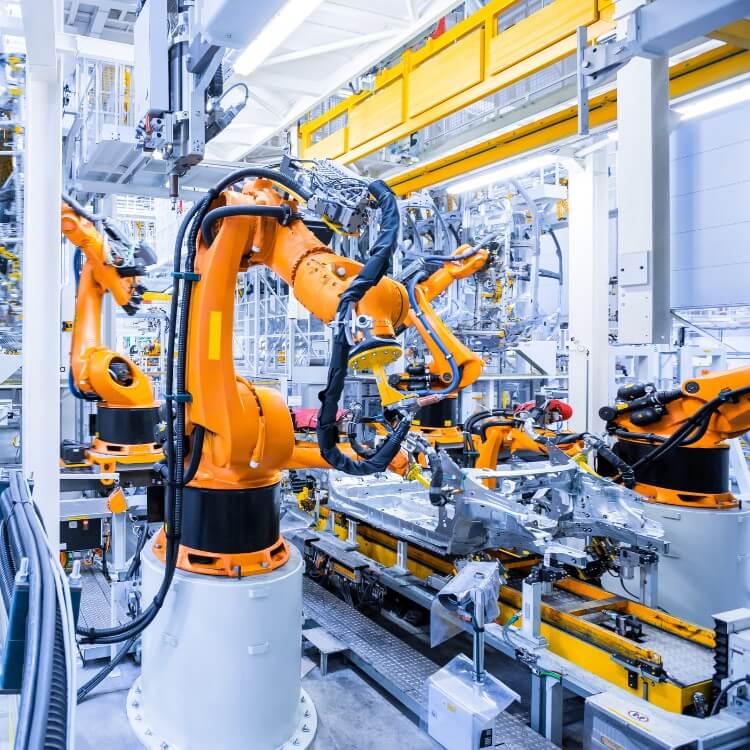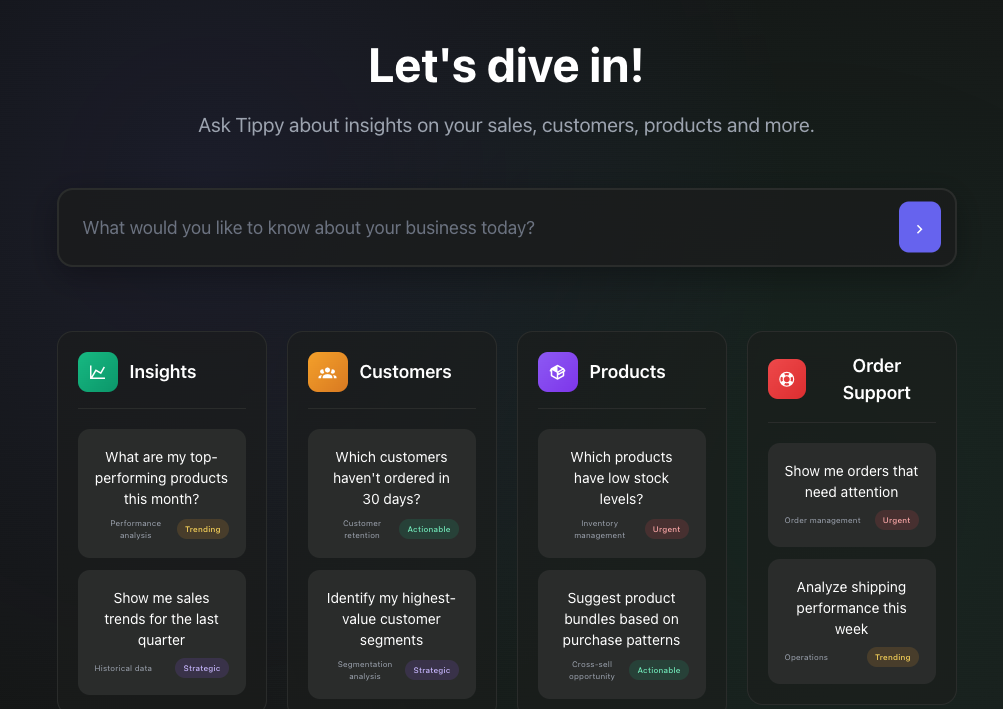B2B eCommerce for Industrial Machinery and Equipment: A growing sector
Learn how streamlined quoting, product visualization, and detailed documentation can drive growth and efficiency for the Industrial Machinery and Equipment sector with a streamlined and efficient B2B eCommerce platform.

The B2B eCommerce world is growing, and it’s no longer just for consumer goods or tech products. Industries like Industrial Machinery and Equipment are seeing a significant shift towards online sales and digital solutions. With buyers increasingly turning to the internet to research products, compare prices, and even make purchases, having a solid eCommerce strategy has become critical for businesses in this sector.
The global B2B eCommerce market is expected to reach $20.9 trillion by 2027, growing at a steady rate of over 17% annually. Within the Industrial Machinery sector, eCommerce adoption is quickly accelerating, with manufacturers and suppliers recognizing the benefits of going digital. The Industrial Machinery Market was valued at USD 693.7 billion in 2023 and is anticipated to grow at a CAGR of 7.5% between 2024 and 2032, driven by the increasing adoption of automation and smart technologies that significantly boost productivity and efficiency.
Why B2B eCommerce matters for Industrial Machinery and Equipment
Industrial machinery and equipment companies are traditionally seen as old-school, relying heavily on face-to-face interactions, phone orders, and in-person negotiations. But the tide is turning. B2B buyers, especially those making large, complex purchases, are expecting the same level of convenience and transparency they get from B2C transactions. Here’s why embracing B2B eCommerce is a must for industrial businesses:
- Buyer preferences are changing: 73% of B2B buyers now prefer buying online rather than from a sales representative. Even in heavy industries like machinery, buyers want to browse options, compare prices, and make purchases from the comfort of their office or job site. They’re also using digital channels to make repeat purchases more convenient.
- Streamlining the buying process: The traditional process of requesting quotes, waiting for a response, negotiating prices, and manually processing orders is time-consuming and prone to errors. A well-designed B2B eCommerce platform can streamline this process, enabling businesses to offer automated quotes, real-time pricing, and order tracking, all in one place.
- Scalability and growth: As businesses grow, so does their need for more sophisticated purchasing solutions. With a digital platform, industrial equipment companies can scale their operations more efficiently. They can handle a larger volume of transactions, cater to international markets, and integrate their systems with inventory management, shipping, and ERP software.
Statistics that show the impact
- 83% of B2B buyers are already using digital platforms for their purchases. This shift in behavior highlights the urgency for businesses in the industrial sector to establish or improve their online presence.
- 87% of B2B buyers stated that they would pay a premium to suppliers who offer a convenient and easy-to-use online purchasing experience.

Challenges of the Industrial Machinery and Equipment sectors in B2B eCommerce
Switching to B2B eCommerce isn’t without its challenges, especially in a sector as complex as industrial machinery. Common challenges include:
- Complex products: Industrial machinery often comes with technical specifications, various configurations, and customizable features. Ensuring that all this information is available and easy to navigate online is a must, but it can be overwhelming without the right tools.
- High transaction costs: Selling large, expensive machinery online may seem intimidating because of the high value of transactions. Buyers might also require specific payment terms, credit options, or financing solutions to make these purchases viable.
- Customer education: Many potential buyers still rely on detailed consultations before making a purchase. Providing extensive resources, product demos, or even virtual consultations can bridge this gap in a B2B eCommerce setting.
Opportunities for growth with B2B eCommerce
Despite these challenges, the shift to eCommerce presents a new field of opportunities for industrial machinery and components companies:
- Personalized pricing and offers: B2B eCommerce platforms like Turis allow businesses to offer customized pricing, discounts, and promotions tailored to individual customers. This is especially valuable when dealing with bulk orders or long-term contracts.
- Automation and efficiency: Automating processes like quote generation, order fulfillment, and invoicing saves time and reduces human error. This not only improves efficiency but also provides a better experience for your customers.
- Data-driven decisions: With B2B eCommerce platforms, companies can collect valuable data about customer behaviors, preferences, and purchasing patterns. These insights can be used to refine marketing strategies, optimize pricing, and improve product offerings.
- International expansion: By digitizing their sales, industrial equipment companies can reach new markets and cater to a global audience. They can offer localized pricing, currency options, and even regional support.
How to succeed in B2B eCommerce in the Industrial Machinery sector
If you’re in the industrial machinery or equipment sector and want to leverage the power of B2B eCommerce, here are some key steps to consider:
- Offer detailed product listings: Include all relevant product specifications, use cases, and certifications to ensure buyers have the information they need to make informed decisions.
- Provide flexible payment and shipping options: Cater to your buyers’ needs by offering a variety of payment methods (credit cards, wire transfers, financing) and flexible shipping terms.
- Integrate your systems: Connect your eCommerce platform with your ERP, CRM, and inventory management systems to streamline operations and reduce manual work.
- Enable self-service options: Let customers access their order history, reorder products, and manage invoices through an easy-to-use portal.
- Seamless quoting and RFQ process: Automate your quoting process by offering a simple Request for Quotation (RFQ) system where customers can easily submit requests and receive tailored quotes in real time. This reduces back-and-forth emails and speeds up decision-making.
- Visual product visualization: Allow customers to see 3D visualizations or interactive product images to better understand the machinery or equipment they’re purchasing. This gives buyers a more immersive and informative experience when viewing complex products.
- Comprehensive product documentation: Provide detailed user manuals, installation guides, and maintenance instructions as downloadable resources. This ensures that your customers have all the information they need to make confident purchasing decisions and support product use post-purchase.
The industrial machinery and equipment sector is ready for transformation through B2B eCommerce. With buyers increasingly expecting online convenience, businesses in this space must adapt or risk being left behind. By offering a seamless, efficient online purchasing experience, companies can not only meet customer expectations but also set themselves up for long-term growth in a competitive market.
Now is the time to embrace the digital future and take your industrial machinery business to the next level with B2B eCommerce.

